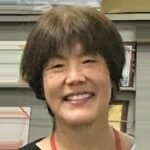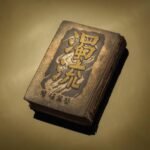POSCO DX Co., the IT services subsidiary of South Korean steelmaker POSCO Holdings Inc., announced on Monday that it established the first fulfillment center logistics system in the domestic manufacturing industry in cooperation with POSCO Gwangyang Steelworks.
A fulfillment center is a place that provides integrated services for logistics, including order processing, storage, packaging, shipping, returns, and refunds, primarily utilized by logistics companies to ensure fast and accurate delivery to consumers.
The POSCO Fulfillment Center, completed on April 8 at the Gwangyang National Industrial Complex, has a floor area of 50,000 square meters, comparable to the size of seven soccer fields.
POSCO DX has installed a 1.4-megawatt solar power generation facility on the roof of the fulfillment center, which can supply enough electricity for over 500 households per year, enabling it to operate as an eco-friendly, low-carbon logistics center.
Using data-driven methods, POSCO DX has implemented a warehouse management system (WMS) to predict material demand and manage inventory, thereby enhancing the efficiency of material storage and distribution management.
Users can order materials by checking images and locations in a 3D metaverse environment without visiting the POSCO fulfillment center, and they can also track the material delivery status in real time.
Having secured design, construction capabilities, and specialized technologies for fulfillment center construction, POSCO DX plans to target the domestic logistics automation market.
By Hyung-Kyu Kim
khk@hankyung.com














